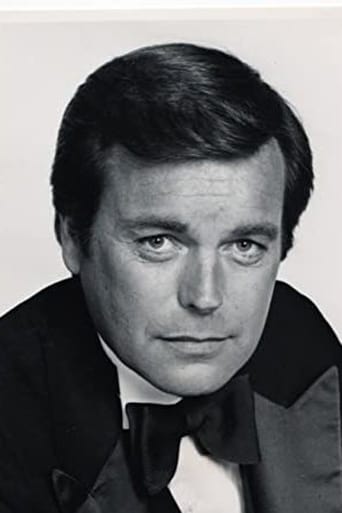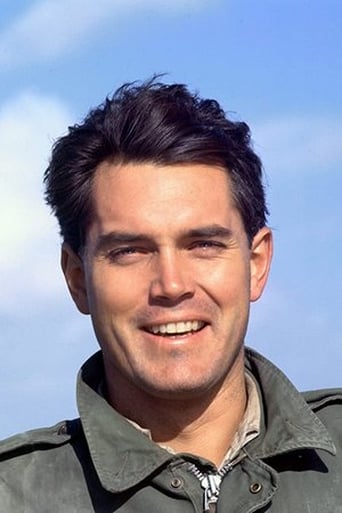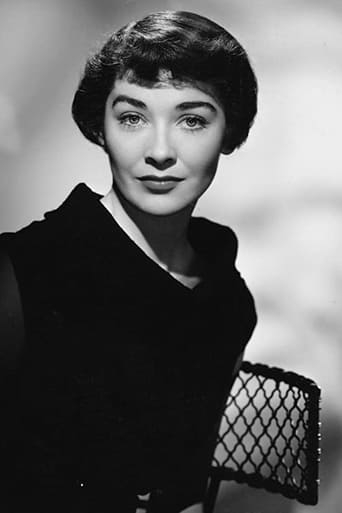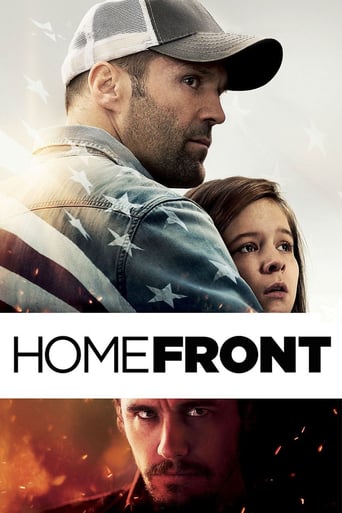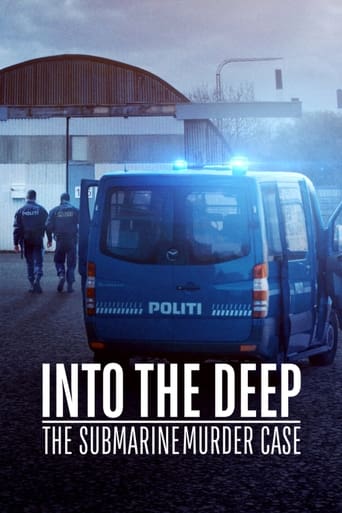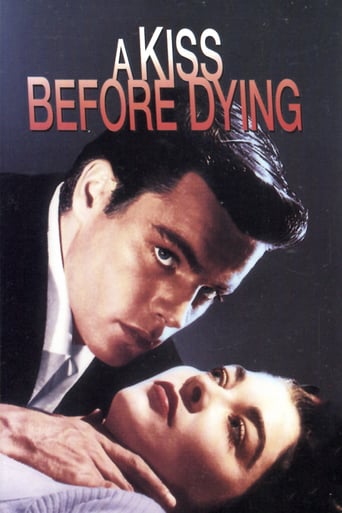
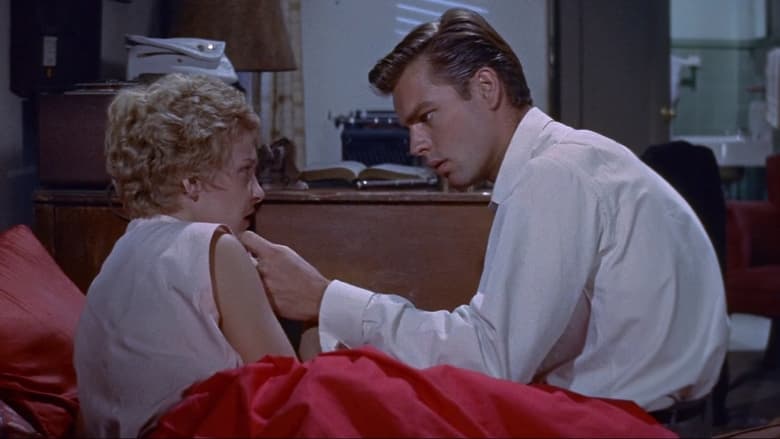
A Kiss Before Dying (1956)
A college student tries to get rich quick by wooing two wealthy sisters.
Watch Trailer
Cast


Similar titles
Reviews
This is a film very much of its time and it is almost impossible to convey the surprise it would have engendered back then in audiences when it gave us Robert Wagner as a cold-bloodied psychopath, Mr. Wagner having previously been cast, usually to excellent effect, only as admirable and good-looking (very) young men. Reviewers keep comparing its story line to PSYCHO's, but that is pure nonsense. First viewing PSYCHO when it came out, you had no idea that teen semi-idol Anthony Perkins was the killer; the only non-narrative shock element in it was having star Janet Leigh killed off by the end of the film's first half. Seeing Wagner as a psychopath back in 1956 had that same kind of stunning non-narrative shock for viewers, especially since we know he's the bad guy almost from the opening frame. Also, although the story is pretty dark, it is not a noir because noirs almost always depend on an innocent, or at least anti-heroic, male lead who gets into trouble because of, and is often destroyed by, a femme fatale. In this film, there is only one fatal character and it is the male lead. Wagner does it very well, Joanne Woodward is moving as his (first) victim, and even beautiful Virginia Leith comes over pretty well. Jeffrey Hunter as a young, pipe-smoking college professor comes over basically, given his later career identification, as a young pipe-smoking and beardless Jesus Christ, with glasses! But the film is quite good. What keeps it from being truly memorable or even great is that it is based on one of the very great mystery novels of the period by Ira Levin (his first success, and long before ROSEMARY'S BABY, THE STEPFORD WIVES and THE BOYS FROM BRAZIL, it quite literally made his name), and that novel has one of the greatest of all surprises in a mystery novel midway through it, one that could make you drop the book in shock while exclaiming, "Oh, my God!", but it is that effective because you are reading a narrative in which the author can disguise certain plot elements in words, and the shock cannot be duplicated on the screen by virtue of the fact that you can actually SEE the characters going through all their machinations, so that such surprise elements cannot be hidden from the viewer. Too bad, though, because if a writer/director could come up with a way to duplicate Levin's written surprise, he might have a totally brilliant mystery film to offer. In fact, it's nearest relationship to many of Hitchcock's later films is that it is a beautifully filmed daylight thriller. Indeed, most of the worst things in the film happen around noontime, in broad daylight and in glorious Technicolor, and that can be hard to pull off. It is pulled off very well here, indeed. Finally, since I am of the film's period, I can attest to the fact that this movie really does provide a legitimate 1950s atmosphere - visually, ethically and morally. You wouldn't really be all that surprised to see Dwight D. Eisenhower walking through Robert Wagner's college campus!
Seen for the first time close to sixty years after it was made this film fails to register on almost every level and it's yet another movie where a cast comprising several 'names' of the day appear to be reading from different hymn books. The starring role, a social-climbing sociopath, goes to Robert Wagner, a Fox contractee who'd been groomed for stardom via a series of 'pretty boy' roles until, presumably having attained some clout, he persuaded his studio to let him have a stab at something more substantial. Joanne Woodward, an excellent actress, who had slowly but surely carving a reputation, turned in arguably the worst performance of her career as the first victim, whilst Jeffrey Hunter doesn't really cut it as a pipe-smoking academic. If you think these last two were miscast get a load of George Macready as Daddy Gotrocks, father of both Joanne Woodward and Virginia Leith, the next prey in Wagner's sights. It's watchable but only just.
Quite a surprise this as I picked the DVD up very cheaply half expecting something noirish. The credits come on and the bright colours and twinkling music suggest romantic comedy, then after briefly looking like another West Side Story, the music is working up a spell and the sensational use of cinemascope and the beautiful colour that was 'DeLuxe' has me spellbound. Not an inappropriate word that here either, 'spellbound', because there is more than a little Hitchcock here. The swirling romantic/menacing music and the boyish charm of the oh so confident, too determined, Bud Corliss, played very well by Robert Wagner. 'I'm twenty-five, Mum' he implores, and he was. Well paced, good looking and if the thrills are few, there is a fine momentum maintained.
I always thought this was a 20th Century-Fox production. All the stars were under contract to Fox at the time and so were most of the technical personnel. Gerd Oswald does a great job, building suspense to breaking point and making most effective use of the wide screen to pointedly capture his locations in Tucson and elsewhere in Arizona, and yet emphasize the disturbing emotional distance between his players by often placing them right against opposing frame lines (a clever device that has been outlawed since the mid-1970s because of the demands of TV syndication). True, Oswald had never directed a cinema movie before, although he did have extensive experience as an assistant director and had directed two TV episodes.Robert Wagner gives a startlingly compelling performance as the killer (he is identified right from the start) and receives outstanding support from the lovely Virginia Leith. Also most effectively cast is Joanne Woodward, and in a minor role but key scene, Robert Quarry. Like Wagner, Jeffrey Hunter is also cast against type, but he is less impressive and tends to over-use his prop spectacles.Although Lionel Newman's score and his title song (lyrics by Carroll Coates, sung by Dolores Hawkins) have been criticized, I found both very suspenseful.


